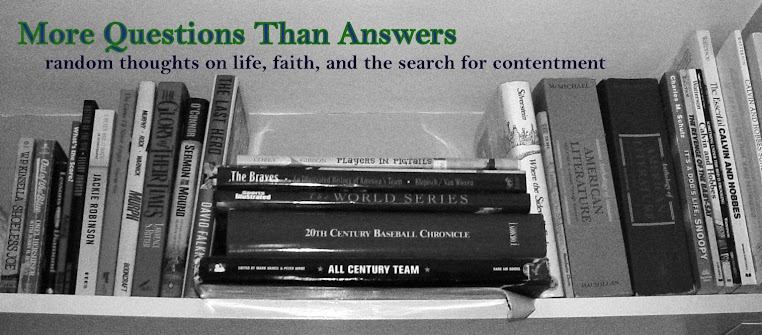 Heaven is a place like no other. Sorry. What a stupid opening line, of course it is. Scripture is filled with hundreds of references which, in my view, reveal heaven as a place of special mystery. As a major subject, the Bible describes heaven in simple language but also in a fashion near the abstract. The apostle Paul writes, "I know a man in Christ who fourteen years ago was caught up to the third heaven..." (2 Corinthians 12:2). When considered in a topical study, it is clear that heaven was understood as varying degrees of God's authority. From an expansive list of biblical references, Paul's, in his second letter to the Corinthians, seems to give the best single summary of the place and mystery of heaven.
Heaven is a place like no other. Sorry. What a stupid opening line, of course it is. Scripture is filled with hundreds of references which, in my view, reveal heaven as a place of special mystery. As a major subject, the Bible describes heaven in simple language but also in a fashion near the abstract. The apostle Paul writes, "I know a man in Christ who fourteen years ago was caught up to the third heaven..." (2 Corinthians 12:2). When considered in a topical study, it is clear that heaven was understood as varying degrees of God's authority. From an expansive list of biblical references, Paul's, in his second letter to the Corinthians, seems to give the best single summary of the place and mystery of heaven. The Bible uses both a singular and plural form of the word. The verses with the plural form, as in "heavens", seem to point to nature; that is, the vast expanse above the earth. That space called heavens is that part of creation that rises above and expands into the universe, where the stars shine brightest. A remarkable place; I told you. In the singular form, the context of heaven broadens to claim that it is more than just created space. Heaven is God's dwelling, a supernatural establishment of His complete rule. Jesus associates heaven as a kingdom. Heaven is a place for those who belong, a community where Christ is King.
The attitude of each of the biblical writers who write about heaven is clearly one of hope. From what they could see--clouds, birds, weather, stars-- the heavens are a place that is untouchable; and so from that perspective, a viewpoint of awe and worship to God the creator. There is also a sense of deep mystery because heaven is God's lair, not seen by the living. So many questions arise. What does heaven look like? What are the activities of heaven? Describing God's realm of authority over the entire universe almost sounds abstract because how can one understand completely and express in words what it is to experience heaven?
A city,
hidden treasure,
field,
net,
mustard seed,
all metaphors used by Jesus to stir faith. Heaven is not far off. It is being revealed and yet is coming. So much to be and so much to do. Let us prepare ourselves to be "caught up to the third heaven" and see the very face of God.

No comments:
Post a Comment